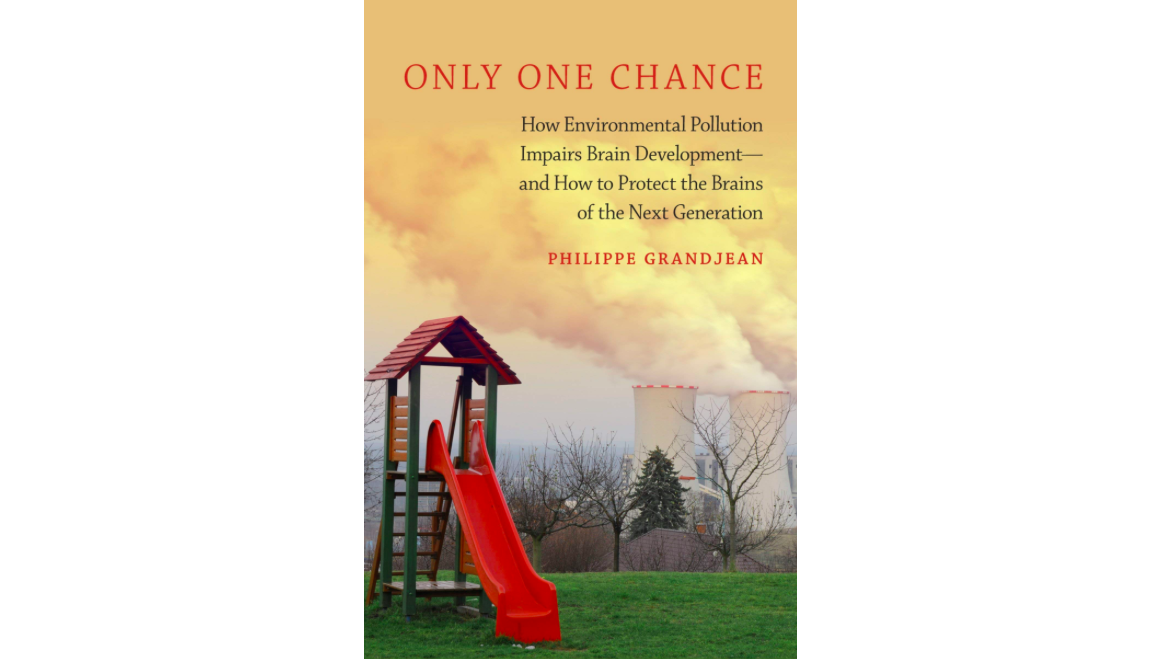Review of: Philippe Grandjean. Only One Chance: How Environmental Pollution Impairs Brain Development – and How to Protect the Brains of the Next Generation. Oxford: Oxford University Press, 2013.
Humans have lived with chemical pollution for thousands of years, but the recent proliferation of industrial chemicals poses novel threats. In the new book Only One Chance, distinguished environmental health researcher Philippe Grandjean argues for special attention to developmental neurotoxicology, i.e. to the effects of chemical pollution on the developing human brain during pregnancy and in the first few years after birth. Grandjean provides an authoritative account of developmental neurotoxicology and its controversies, drawing on his own research and personal experience. The book is written in clear language accessible to wide audiences, an excellent introduction to an important topic.
Academic citation:
Seth D. Baum, 2014. Book review: Only One Chance: How Environmental Pollution Impairs Brain Development – and How to Protect the Brains of the Next Generation. Environmental Science & Policy, vol. 42 (October), pages 197-199, DOI 10.1016/j.envsci.2014.07.001.
Download Preprint PDF • View in Environmental Science & Policy
Image credit: Oxford University Press
This blog post was published on 28 July 2020 as part of a website overhaul and backdated to reflect the time of the publication of the work referenced here.










